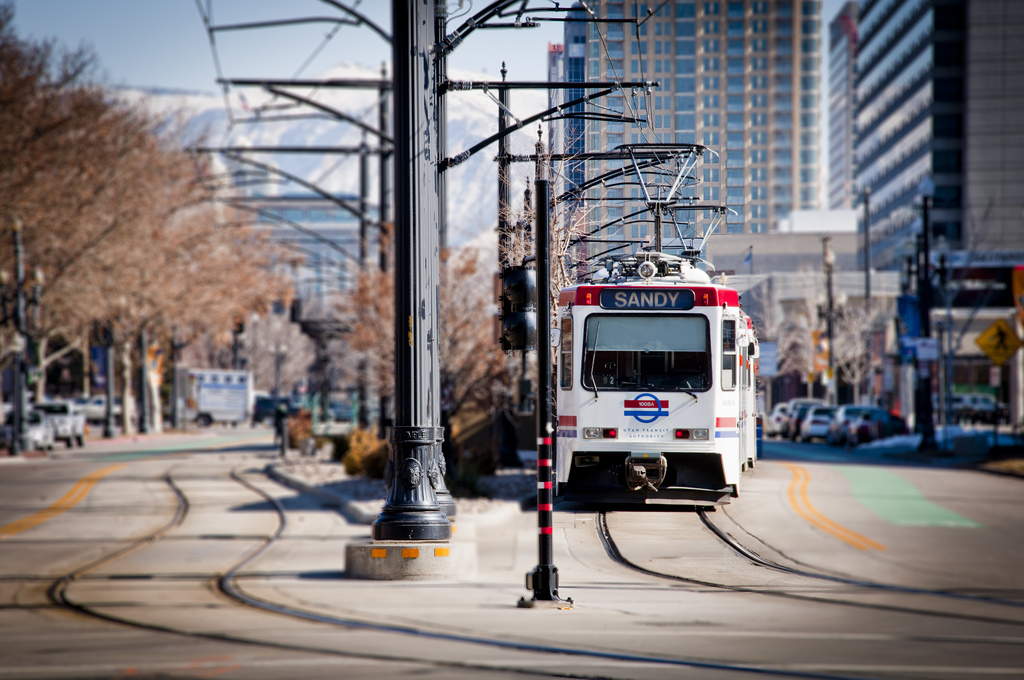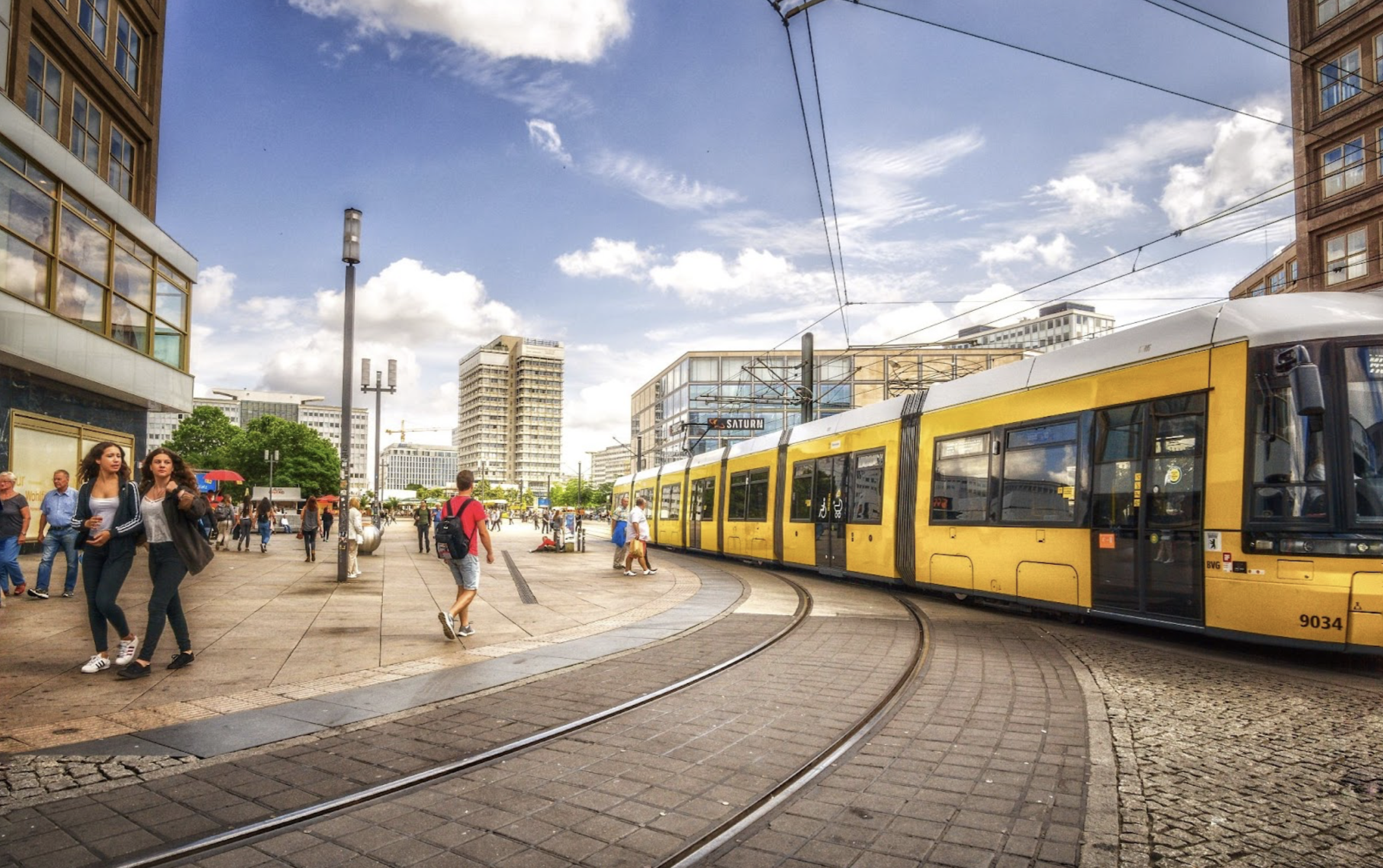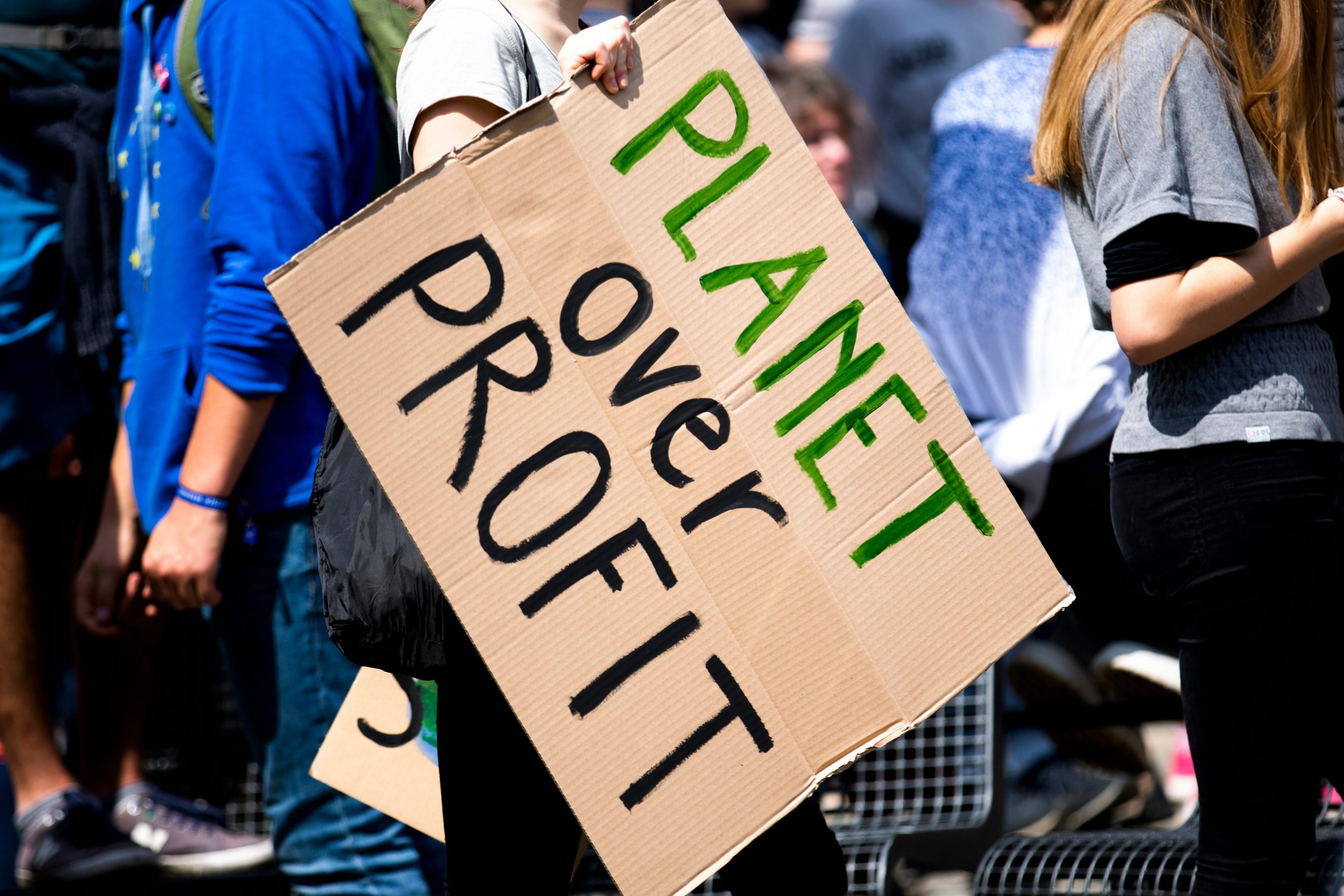Salt Lake City may soon become the first major American city with free public transit, as voters and mayoral candidates get behind the idea 0f eliminating fares as a way of attacking rampant air pollution.
A new poll by The Salt Lake Tribune and the University of Utah found that almost three-quarters — 71 percent — of local voters said they "strongly" or "somewhat" support eliminating fares as a way to stimulate transit ridership and reduce air pollution from private vehicles.
Meanwhile, at least two candidates of the eight candidates in the city's August 12 nonpartisan primary election have pledged to eliminate transit fares, while others have said they would consider the idea.
Air pollution is the top concern for Salt Lake City residents, according to a recent poll, ahead of homelessness and affordable housing. Built in a natural basin, Salt Lake City suffers frequent "inversions," a weather condition that traps fine-particle pollution close to the ground. The city's inversions cause many health problems among the elderly and people with asthma or heart conditions.
Given the concern, a "majority or plurality support across all age, education, religious and gender groups in the city" support fare-free transit in order to remedy the situation, the Tribune's Lee Davison writes of the survey, with 85 percent of Democrats and 77 percent of independents approving the idea. Republicans, who are a minority in Salt Lake City, do not tend to support the proposal.
So Salt Lake City's would-be mayors have gotten onboard, offering various ways of paying for fare elimination.
Former state Sen. Jim Dabakis says he would seek state support in order to make transit free in the six-county Salt Lake City region — perhaps by diverting funds from the state's $600 million road fund in order to offset the $52 million the transit agency would lose annually by forgoing fare revenue.
Former City Councilman Stan Penfold proposes making transit free for city residents, even if they travel outside city boundaries; city funds would pay for the fares.
Another candidate, Erin Mendenhall, supports the idea of free transit passes for city residents, but says the transit system must improve frequency and coverage before the city can contemplate eliminating fares.
Salt Lake City has experimented with free transit days — with some success in boosting ridership. Transit boardings rose 16 percent during two free days in February and March.
The state legislature recently signed off on a $1.2 million bill that would pay for 17 free transit days over three years, triggered by forecasts indicating the likelihood of at least one wintertime "inversion."
Despite being in red-state Utah, Salt Lake City has always been progressive about transportation and growth, having built out a comprehensive light-rail system over the past few decades. In 2013, it was No. 1 in the nation in per-capita transit spending.
Experiments with free transit in the United State have been a bit of a mixed bag. Commuters may not be enticed to switch to transit by a few dollars of savings if using transit adds significant time to their commutes. Free transit seems to work better in small cities like Salt Lake City, with a population of about 230,000.






